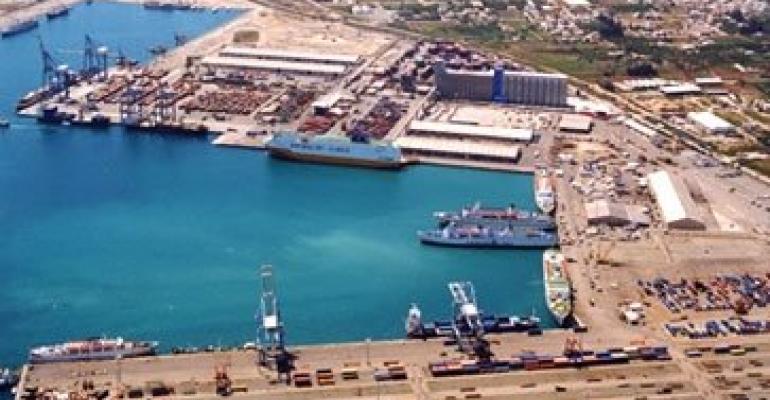Income was up EUR30m in the January / June period compared to the same 2017 period as global shipping and freight markets continue to recover from the downturn since the global financial crisis.
A Central Bank of Cyprus (CBC) ship management survey, in absolute terms, revealed revenue for the six-month period of January June 2018 saw an increase of 6.3% compared with first half of 2017, and 7.3% on an annual basis.
“The global shipbuilding industry is currently recovering from the strong downturn experienced during the financial crisis, as demonstrated by the gradual rise in vessel prices and the increase in order inquiries,” the CBC said.
Ship management steadily remains an international industry as 90% -- down from 94% in the 2017 period -- of the revenue came from ships with a foreign flag, thus the share of revenue from Cyprus-registered ships increased from 6% to 10%.
Cyprus Deputy Shipping Minister stresses quality and sophistication in growing maritime cluster
Germany continues to grow its share of the ship management industry, with its share at the end of June up to 47%, some 10% more than at the beginning of the 2018 first half.
Russia is second place with its share rising 3% to 7%, equalling Malta.
Revenue originating from Switzerland amounted to 6% (down from 8% in second half of 2017), followed by Greece with 5%, Singapore with 4% and Norway and the UK with 3%.
Ship management expenditure remained broadly unchanged running to EUR435m in the first six months, compared with EUR436m in second half of 2017, with 59% of the spending directed to predominantly non-EU seafarers.
Ship management expenses accounted for 21% of total spending while 20% was attributed to administration expenses.
“Stabilisation of expenses are expected to improve the financial health of the companies, in light of the uncertainty that is still surrounding the shipping sector globally, as recent sources of uncertainty include the rise of protectionism in global trade and the rising cost of oil,” said the CBC said.
The Cyprus Shipping Chamber welcomed the results as once again proving the contribution of Cyprus shipping, "as it remains one of the most important 'blood donors' of the Cyprus economy with tangible prospects for further development.” It added: “It is worth mentioning that in very few other maritime nations does the economic contribution of the local shipping industry reaches such high level.”
Copyright © 2024. All rights reserved. Seatrade, a trading name of Informa Markets (UK) Limited. Add Seatrade Maritime News to your Google News feed.


